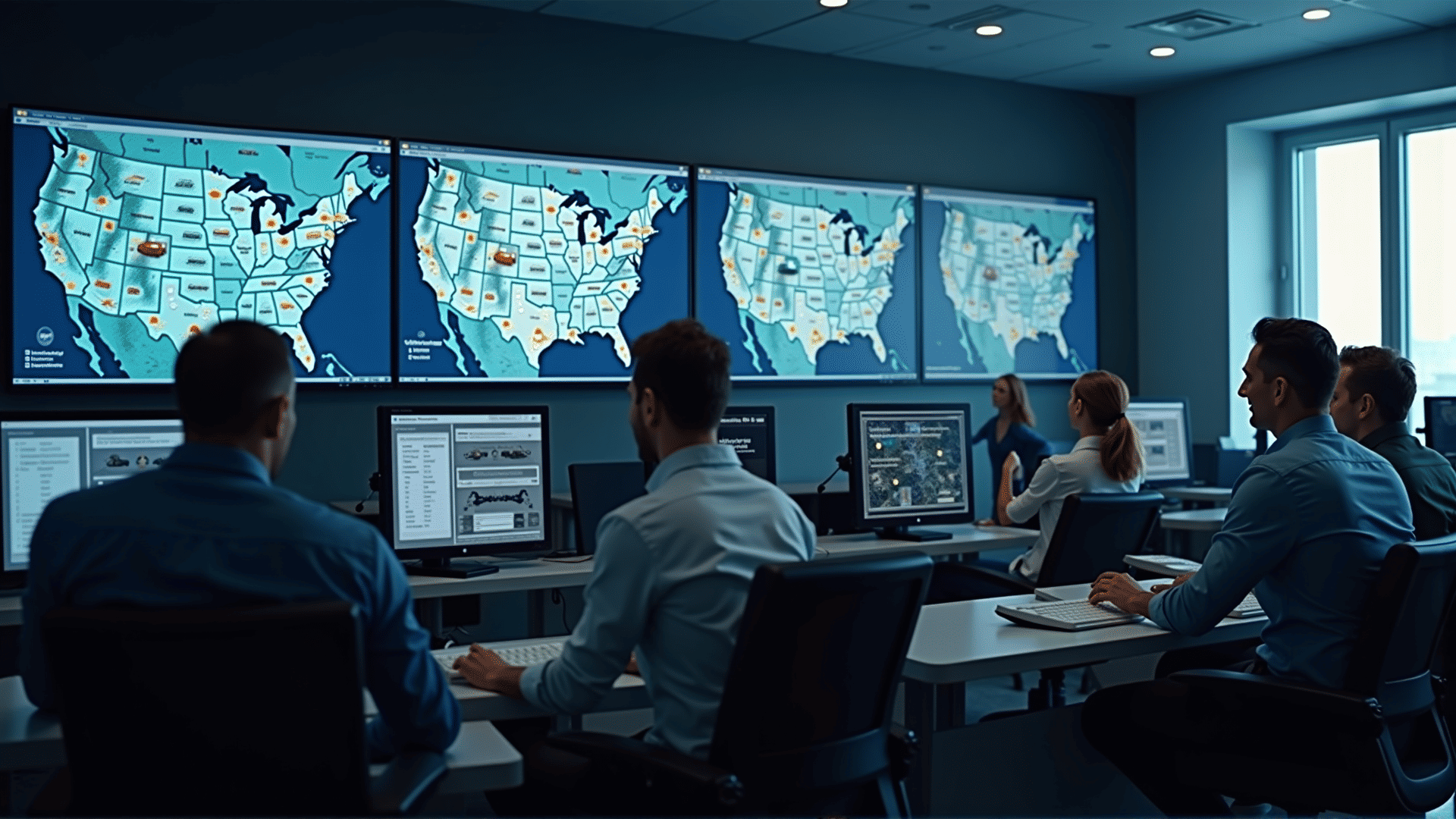In today's fast-paced world, the demand for speed, efficiency, and reliability has never been greater. Businesses and consumers alike expect seamless experiences, whether it's receiving a package, verifying the freshness of produce, or ensuring the timely delivery of a service. As the landscape evolves, leveraging cutting-edge technology becomes paramount to meeting these expectations. One of the most transformative applications of modern technology in this context is real-time tracking, a tool that ensures timely deliveries every time.
Real-time tracking has revolutionized logistics and supply chain management. By providing precise and immediate information about the location and status of goods in transit, businesses can not only enhance operational efficiency but also significantly improve customer satisfaction. At the heart of this transformation are advanced technologies, such as the Internet of Things (IoT), artificial intelligence (AI), and big data analytics.
IoT plays a crucial role by enabling devices and sensors to communicate seamlessly over the internet. In the context of tracking, IoT devices can be embedded in vehicles, packages, or even shipping containers. These devices collect data on location, temperature, humidity, and other critical factors, transmitting it in real-time to centralized systems. As a result, businesses can monitor their shipments with unparalleled detail and accuracy.
AI and machine learning further optimize the tracking process by analyzing data patterns and predicting potential delays or disruptions. AI-driven systems can recommend alternative routes in case of traffic congestion or adverse weather conditions, ensuring that packages reach their destinations as scheduled. This proactive approach minimizes disruptions and enhances the reliability of the supply chain.
Big data analytics turns the vast amounts of data generated by IoT devices into actionable insights. By processing and analyzing this data, companies can forecast demand more accurately, optimize inventory management, and allocate resources more effectively. This leads to cost savings, reduced waste, and improved service levels.
The benefits of real-time tracking extend beyond logistical efficiency. For customers, it translates to transparency and peace of mind. With access to real-time updates about their deliveries, customers can plan their days better, reducing uncertainty and increasing satisfaction. Additionally, in industries like healthcare or food services, where timely delivery of perishable or time-sensitive items can be critical, real-time tracking ensures that quality and safety standards are upheld.
Moreover, this cutting-edge technology fosters trust between businesses and their customers. By demonstrating a commitment to transparency and reliability, companies can differentiate themselves in competitive markets. As consumers become more tech-savvy and demand greater accountability from service providers, real-time tracking will continue to be a crucial competitive advantage.
Implementing these technologies requires investment and strategic planning, but the return on investment is clear. Businesses adopting real-time tracking are not only improving their operational capabilities but also future-proofing themselves against evolving customer expectations and competitive pressures.
In conclusion, leveraging cutting-edge technology like real-time tracking is indispensable for ensuring timely deliveries. As the digital world continues to expand and intertwine with our daily lives, the ability to offer reliable, efficient, and transparent services will define successful businesses. By embracing these advancements, companies can build stronger customer relationships, streamline operations, and pave the way for future innovations.
